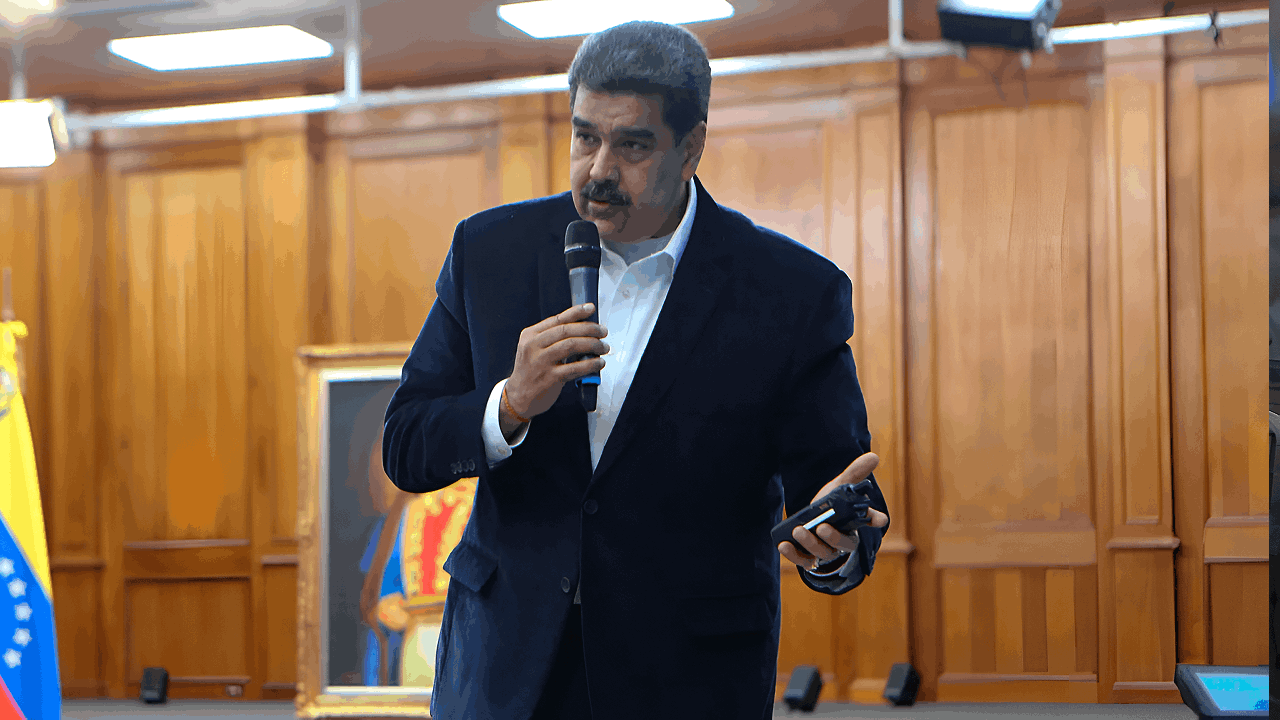
President Donald Trump confirmed that he had authorized the CIA to carry out covert operations in Venezuela — a stunning admission that marks one of his administration’s boldest foreign policy turns yet.
Speaking to reporters at the White House, Trump said the move came after “months of failed diplomacy” and what he called “Maduro’s ongoing criminal partnership with drug cartels,” according to Reuters.
A Sudden Shift in Strategy
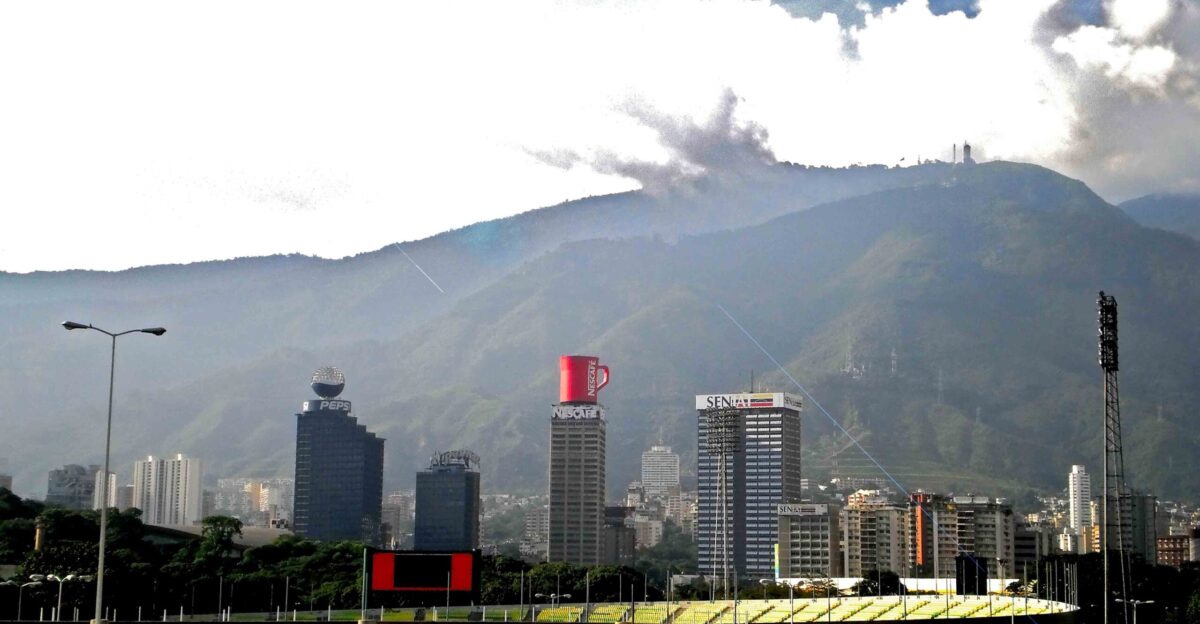
Just a week earlier, Trump dismissed speculation about a regime change in Caracas. Now, his authorization for CIA involvement signals a clear change of course.
Officials familiar with the order told The Wall Street Journal that it allows land-based operations inside Venezuela. This escalation highlights growing U.S. frustration over drug trafficking and diplomatic deadlock.
Behind Closed Doors at Langley
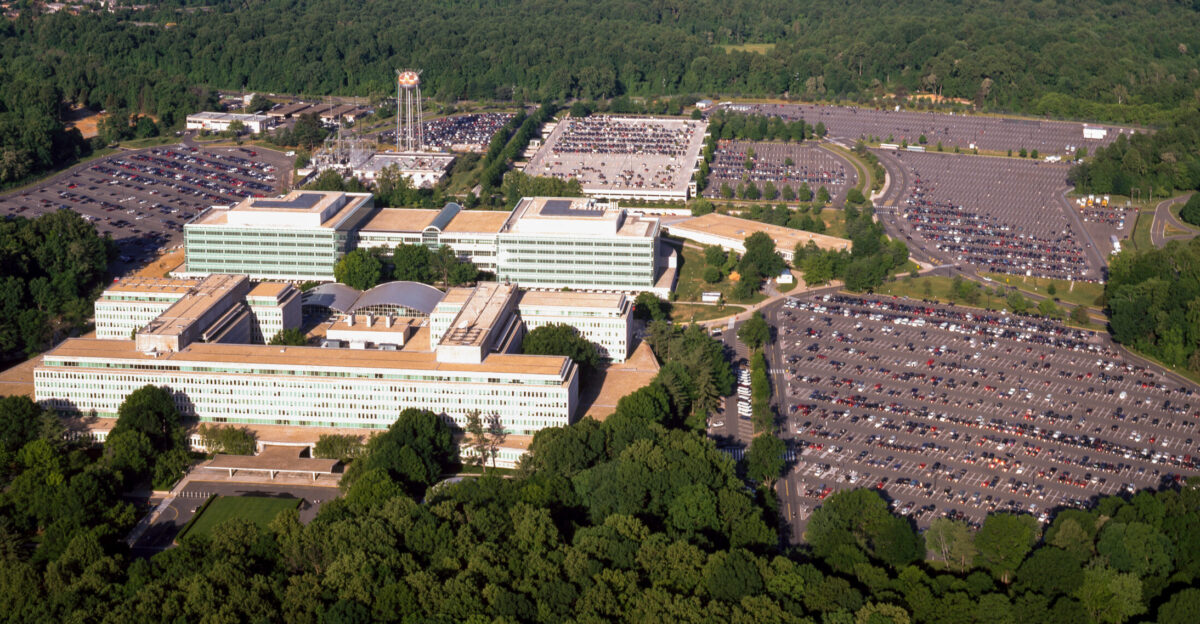
Sources cited by The New York Times said the new directive grants the CIA extensive freedom to act — with or without military support. The mission’s focus, they said, is dismantling criminal networks tied to senior Venezuelan officials.
While the agency hasn’t confirmed whether Maduro himself could be targeted, the scope suggests an operation designed for long-term pressure rather than quick strikes.
Trump Frames It as a ‘Drug War’
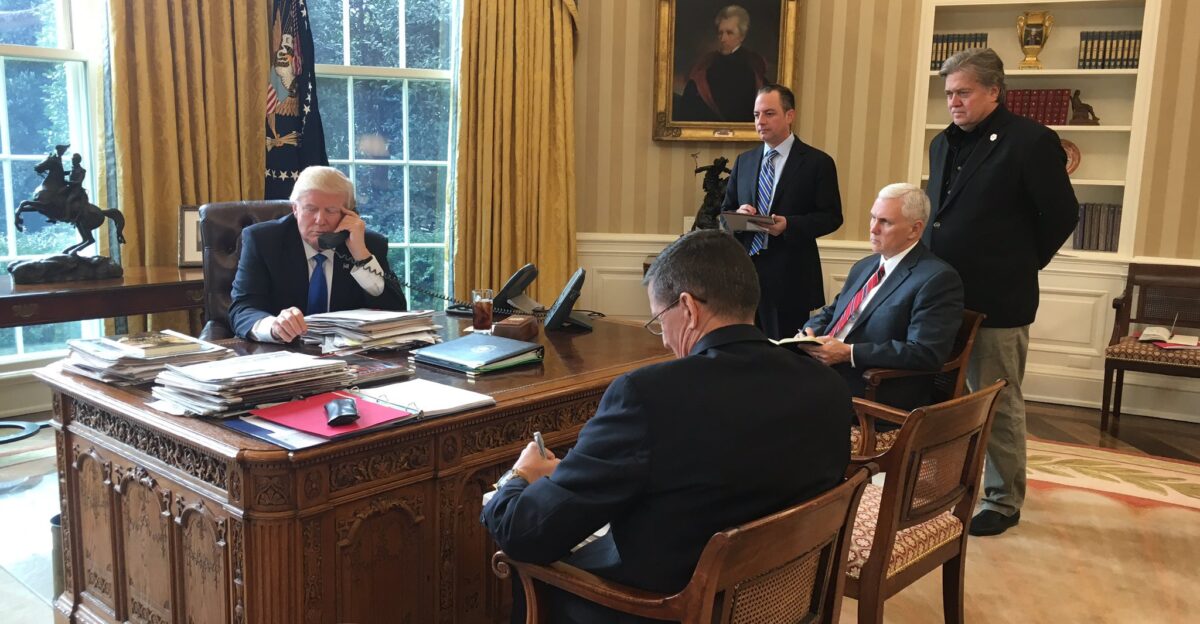
Trump defended his decision as a necessary strike against organized crime. “Venezuela’s regime is flooding our borders with drugs and criminals,” he said in an Oval Office briefing, as reported by CBS News. He added that after “managing the sea,” U.S. forces were now “looking inland.”
His tone was confident, even defiant, despite the growing international concern about escalating conflict.
Strikes at Sea Turn Deadly
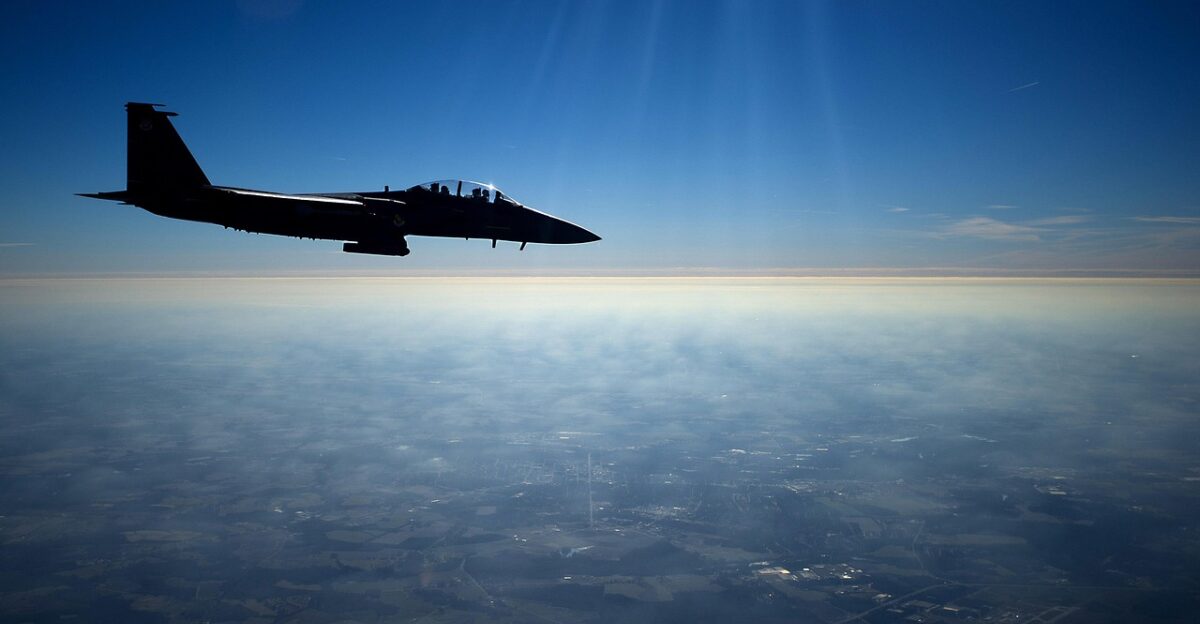
Since September, the U.S. military has destroyed at least five Venezuelan vessels suspected of smuggling narcotics, killing 27 people, according to AP News. The Pentagon described the engagements as defensive, but U.N. observers have called some of them “extrajudicial,” pointing out that several attacks occurred in disputed waters.
Critics say the strikes have blurred the line between counter-narcotics and open warfare.
The CIA’s Reach Widens Southward
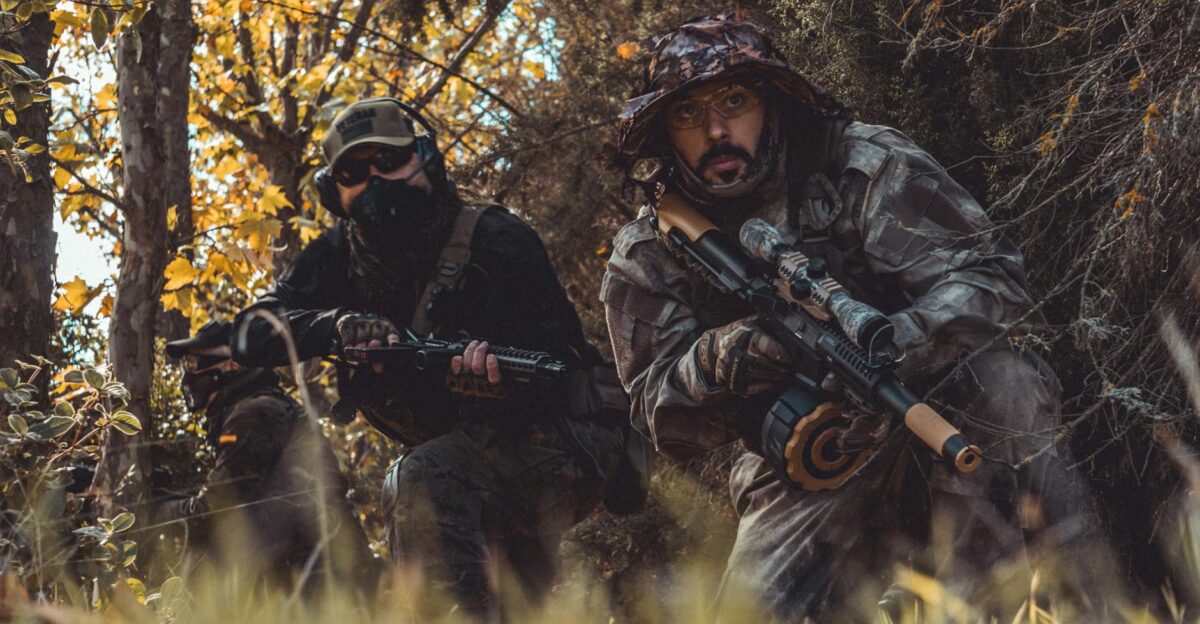
With Trump’s signature, the CIA can now expand its counter-narcotics and intelligence operations across the Caribbean and into Latin America. U.S. officials told CNN the order echoes earlier mandates allowing the military to target cartel operations.
As one analyst told The Washington Post, the move “restores a Cold War-style presence in a region Washington once dominated through covert influence.”
Maduro Pushes Back Hard
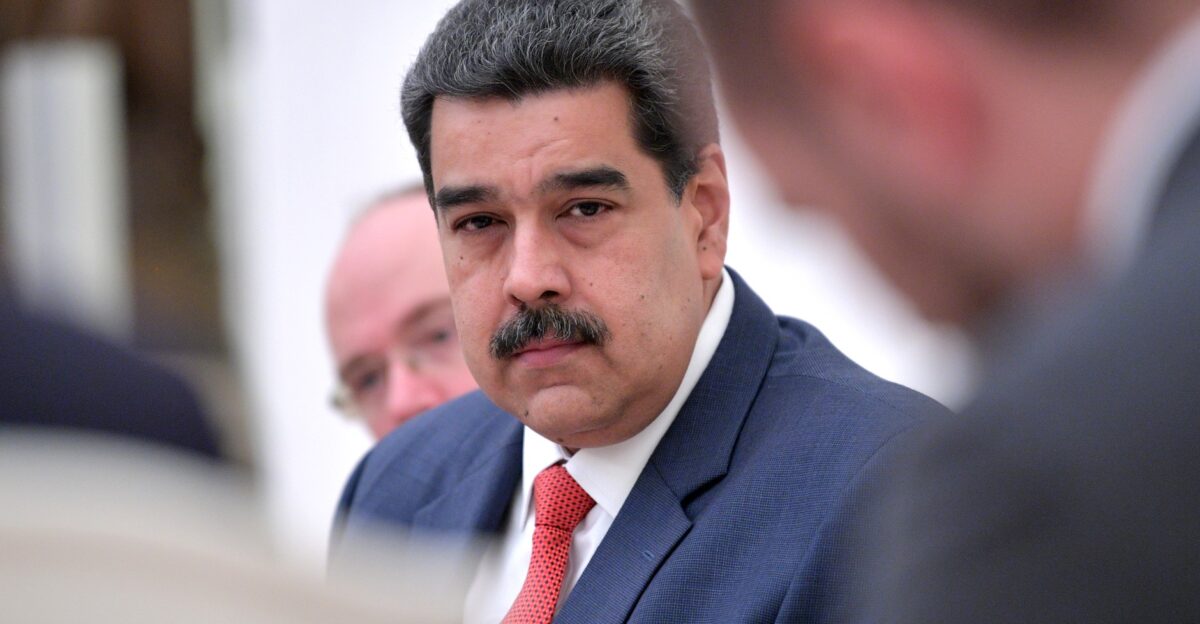
President Nicolás Maduro accused the U.S. of orchestrating “another CIA coup” to topple his government. In a televised speech from Caracas, he declared, “No to war, no to Washington’s control.”
According to The Guardian, he vowed to raise the issue before the U.N. Security Council and appealed directly to allies Russia and China, calling the operation “an assault on sovereignty.”
Tension Spreads Across Latin America
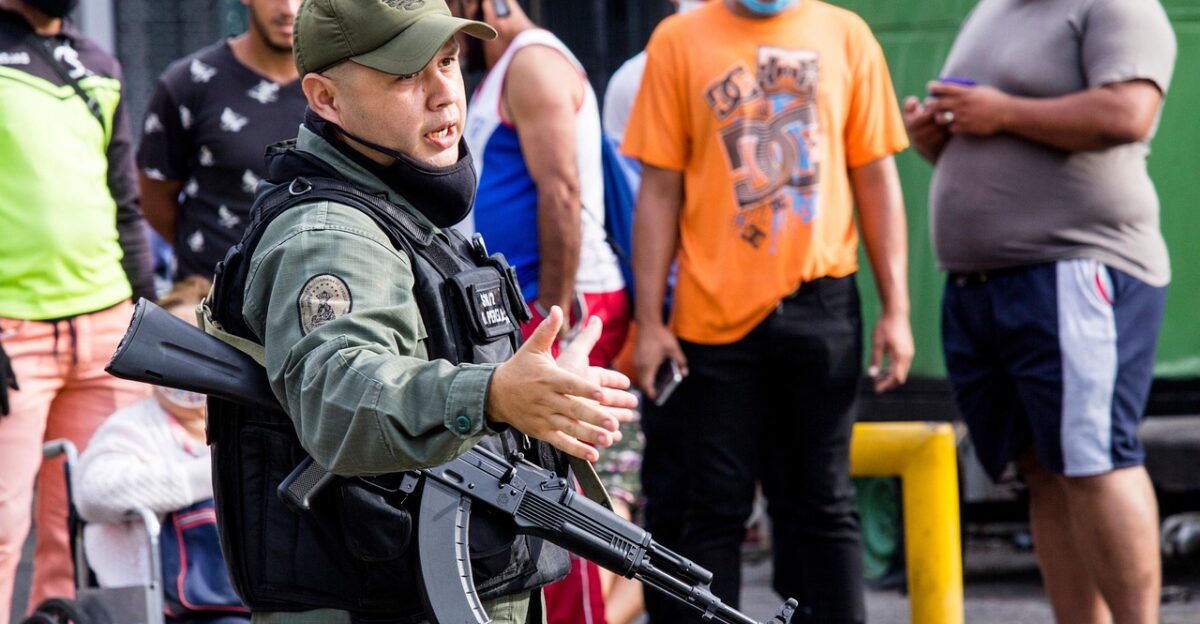
From Mexico to Colombia, governments are watching nervously. Diplomatic sources told Al Jazeera that several leaders privately urged Washington to pull back, fearing a refugee surge and regional instability if fighting spreads inside Venezuela.
“The region can’t handle another exodus,” one senior diplomat said, referring to the millions already displaced by the country’s economic collapse.
Aid Groups Sound the Alarm
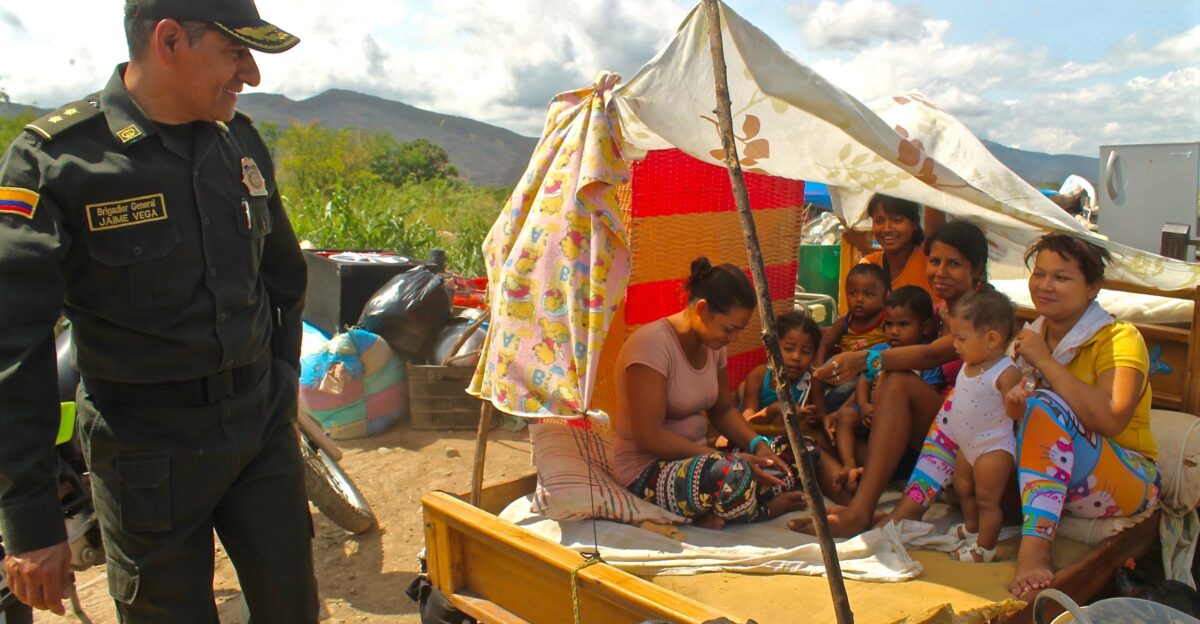
International agencies warn that a new conflict could deepen Venezuela’s humanitarian crisis. More than 7.7 million people have already fled since 2015, the U.N. reports.
The World Food Programme says shortages of medicine and clean water are worsening, and any new blockade or covert activity could cut off supply lines to those who remain.
Opposition Faces Its Own Divide
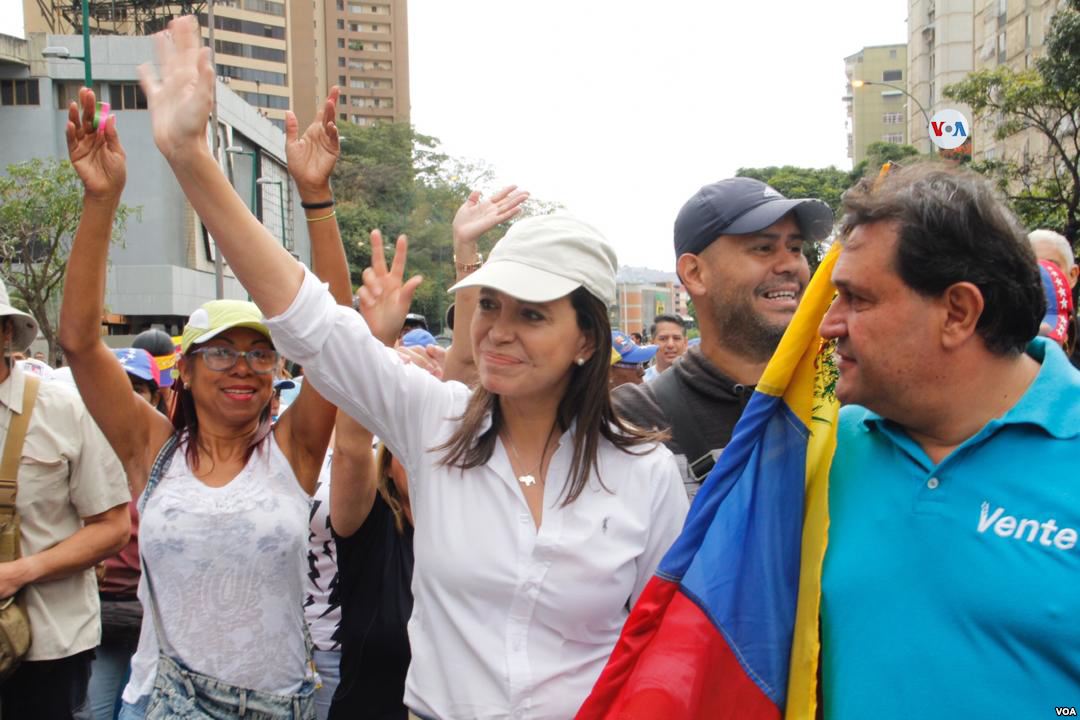
Opposition leader María Corina Machado, recently awarded the 2025 Nobel Peace Prize, welcomed renewed global attention but cautioned against direct intervention. “Change has to come from within,” she told reporters in Caracas. “Foreign strikes might only strengthen the dictatorship.”
Her calm but pointed message reflected growing anxiety among Venezuelans who fear becoming collateral in a proxy fight.
Washington’s Broader Battle with the Cartels

Trump’s Venezuela plan fits into a wider regional campaign against narcotics networks. Over the past year, his administration has ramped up drone patrols, joint intelligence hubs, and data-sharing agreements.
Officials told The Washington Post that the CIA’s involvement “fills the gaps traditional diplomacy can’t reach.” Critics counter that such missions risk crossing into political interference.
Echoes of Another Era
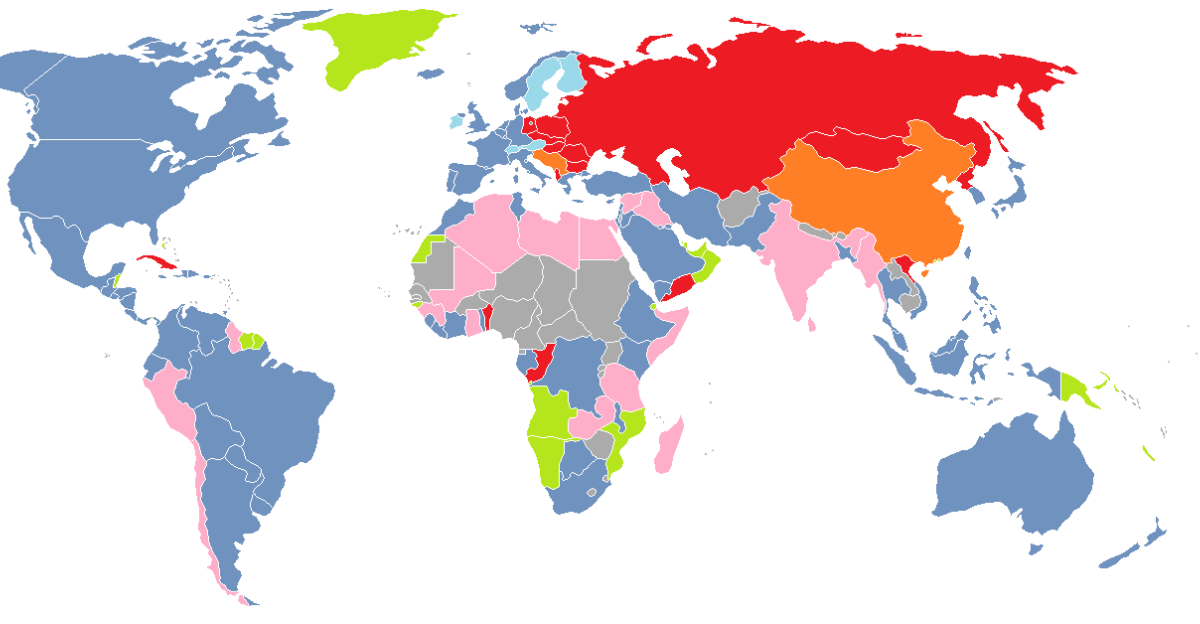
Experts see history repeating itself. “This feels like the Cold War all over again,” said a Latin America specialist at Georgetown University.
As reported by The Guardian, analysts at the Wilson Center warned that covert operations — once used to sway governments — could again destabilize fragile democracies. They say the return of clandestine tactics risks igniting old regional resentments.
Maduro Rallies His Supporters
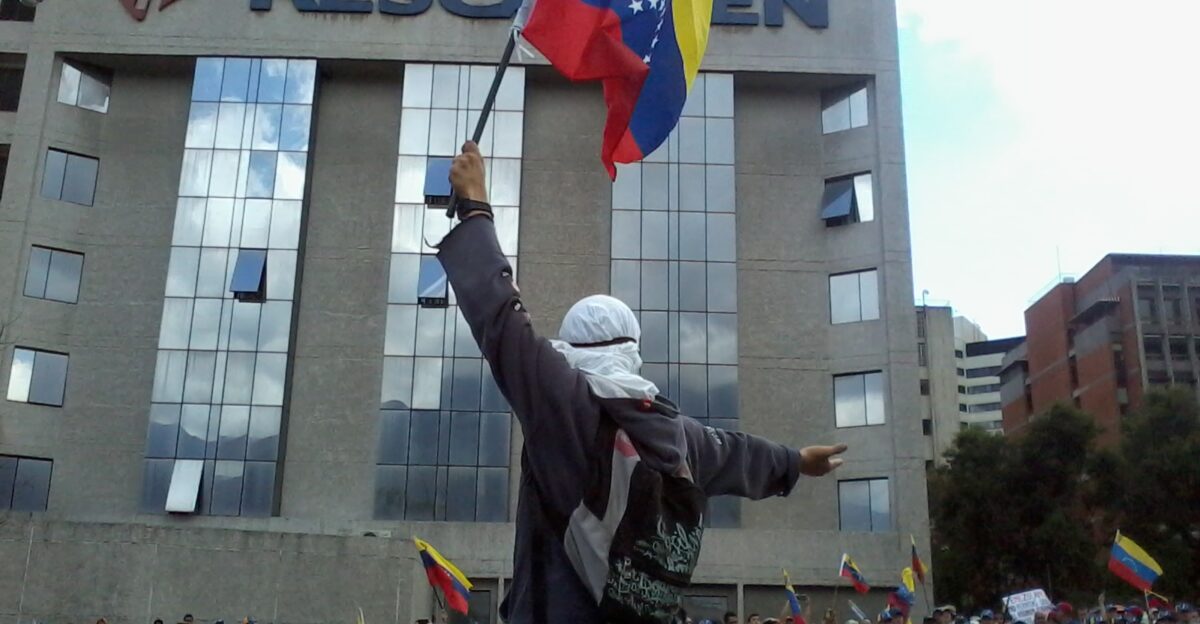
Determined to show strength, Maduro gathered thousands for what he called a “Sovereignty and Peace Assembly.” Venezuelan state television aired images of troops marching through Caracas as chants of “No surrender!” echoed across the capital.
“They want to do to us what they did to Iraq and Libya,” Maduro declared, drawing applause from a crowd waving national flags.
Trump Dodges the Tough Questions
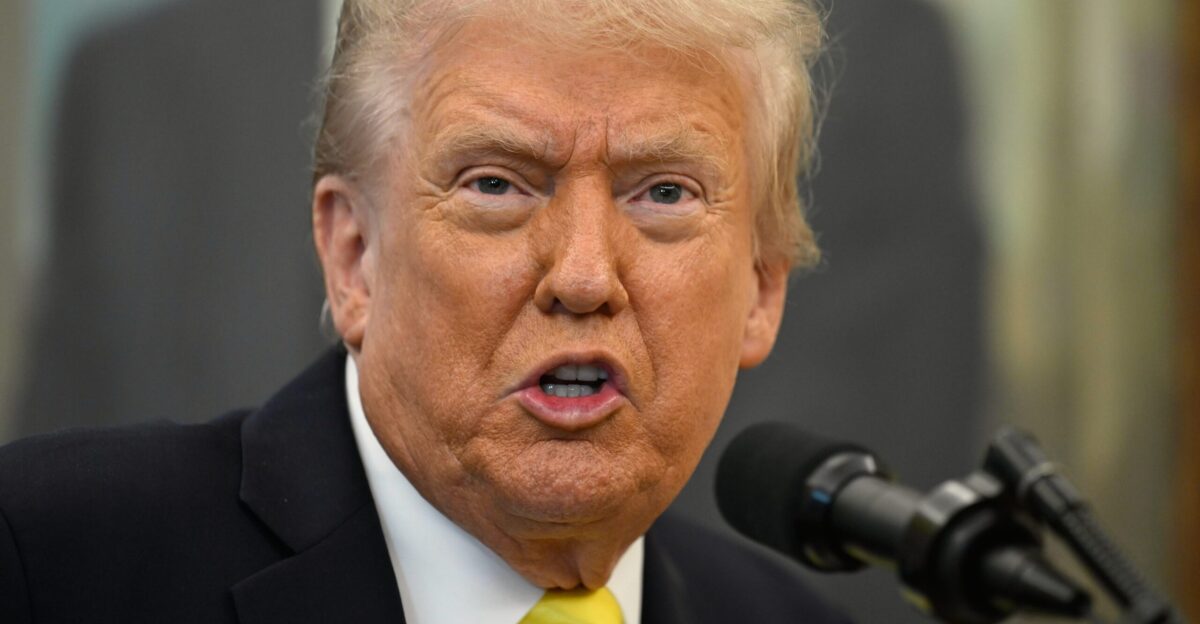
Pressed by journalists about whether Maduro himself was a target, Trump bristled. “That’s a ridiculous question,” he said, ending the briefing abruptly, according to Reuters.
His refusal to clarify only fueled speculation in Venezuelan media that the CIA might be authorized to remove top officials — an idea U.S. spokespeople neither confirmed nor denied.
The $50 Million Bounty Still Stands
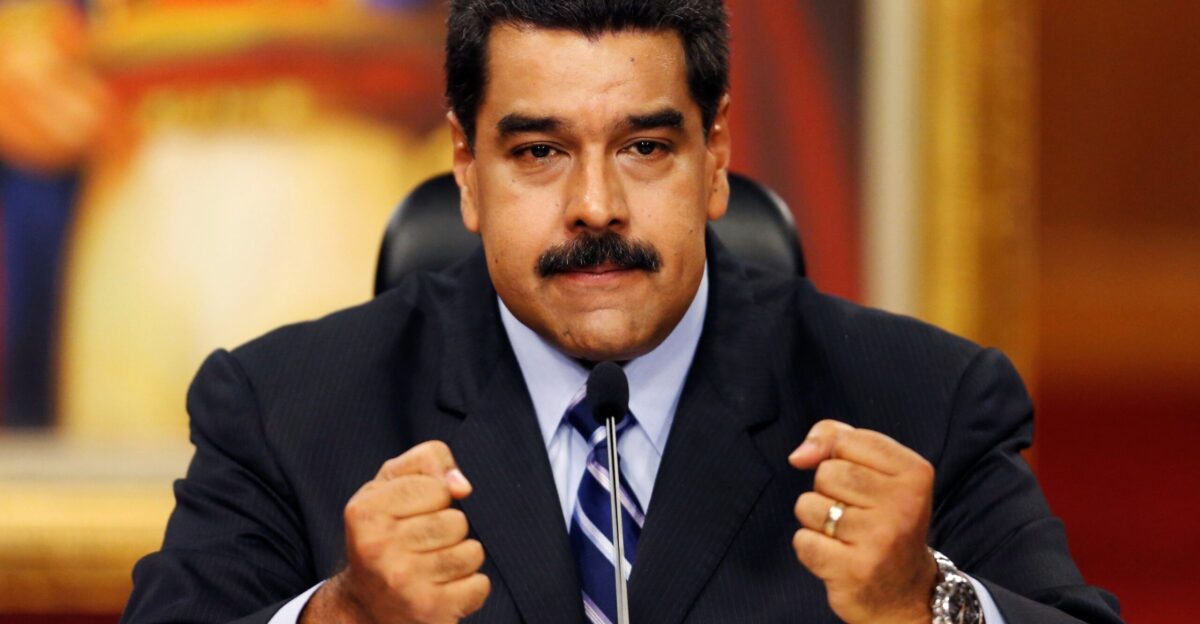
The Department of Justice continues to offer a $50 million reward for Maduro’s capture. Prosecutors allege he oversaw a “narcoterrorism network” that trafficked tons of cocaine into the U.S. Maduro has repeatedly denied the charges, calling them “imperialist lies” meant to justify economic sanctions and international isolation.
Caracas Takes the Fight to the U.N.
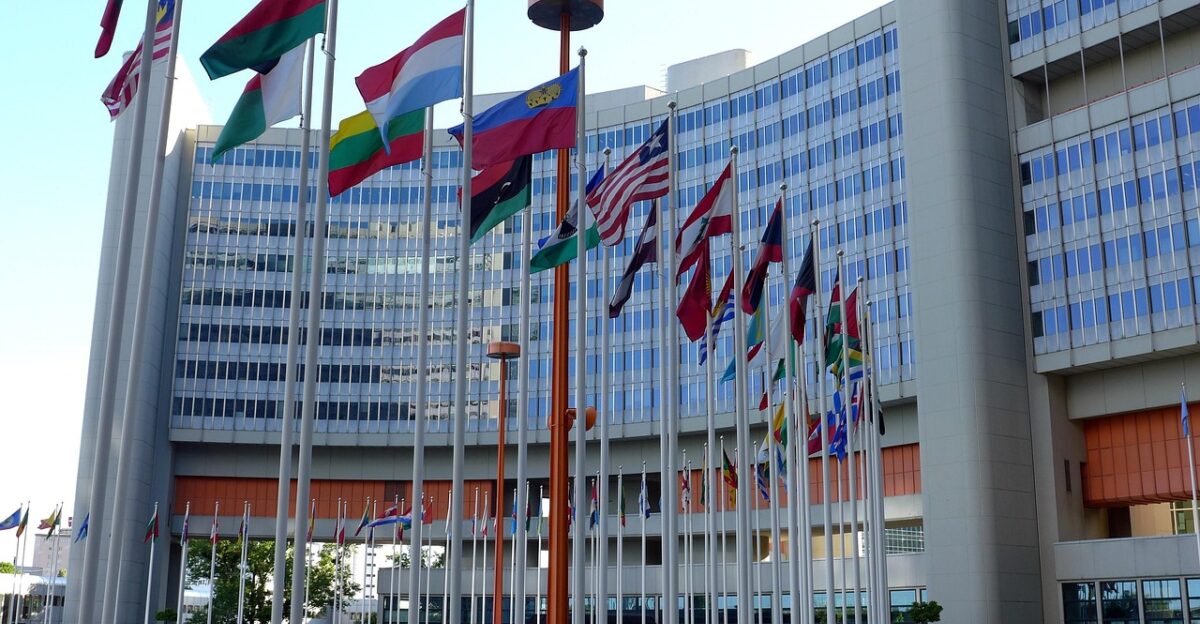
Venezuela’s Foreign Minister Yván Gil announced plans to file a formal complaint at the United Nations, claiming U.S. actions violate international law. “We will not allow our sovereignty to be trampled,” he said in a televised address.
The Guardian reported that Caracas is seeking support from non-aligned nations to rally against Washington’s covert campaign.
Europe Calls for Restraint
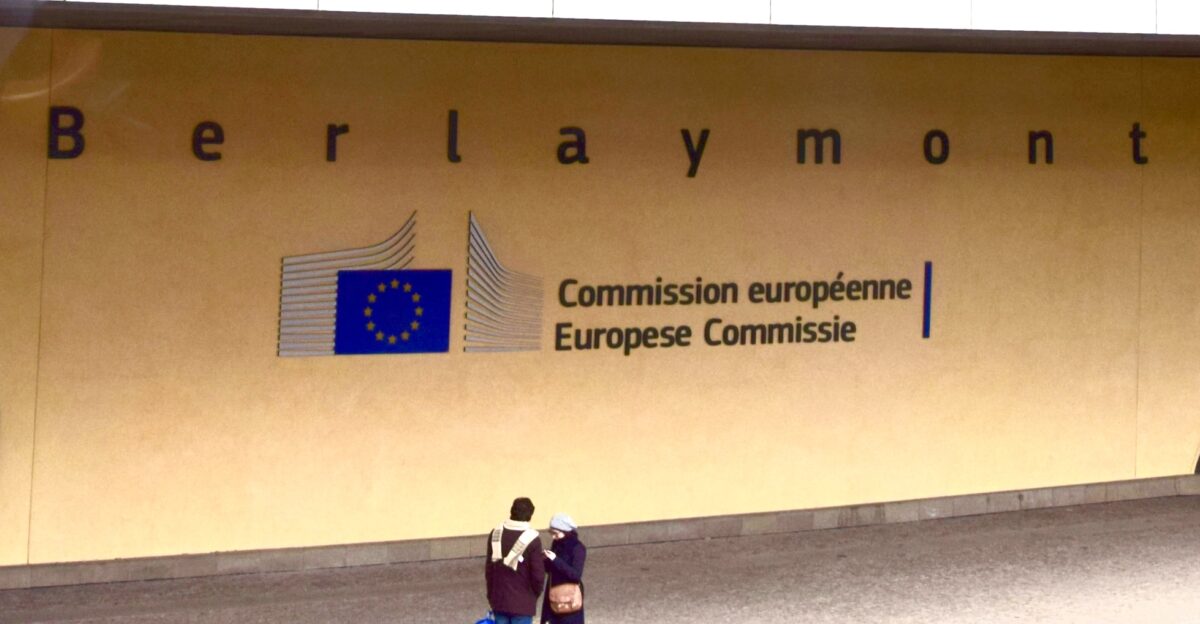
European leaders have avoided taking sides but voiced concern over Washington’s tactics. In Brussels, the EU reiterated its support for a Norwegian-led peace process and urged “dialogue, not military pressure.”
Reuters noted that European diplomats favor sanctions and negotiations over what they see as “unilateral escalation by force.”
Capitol Hill Divides
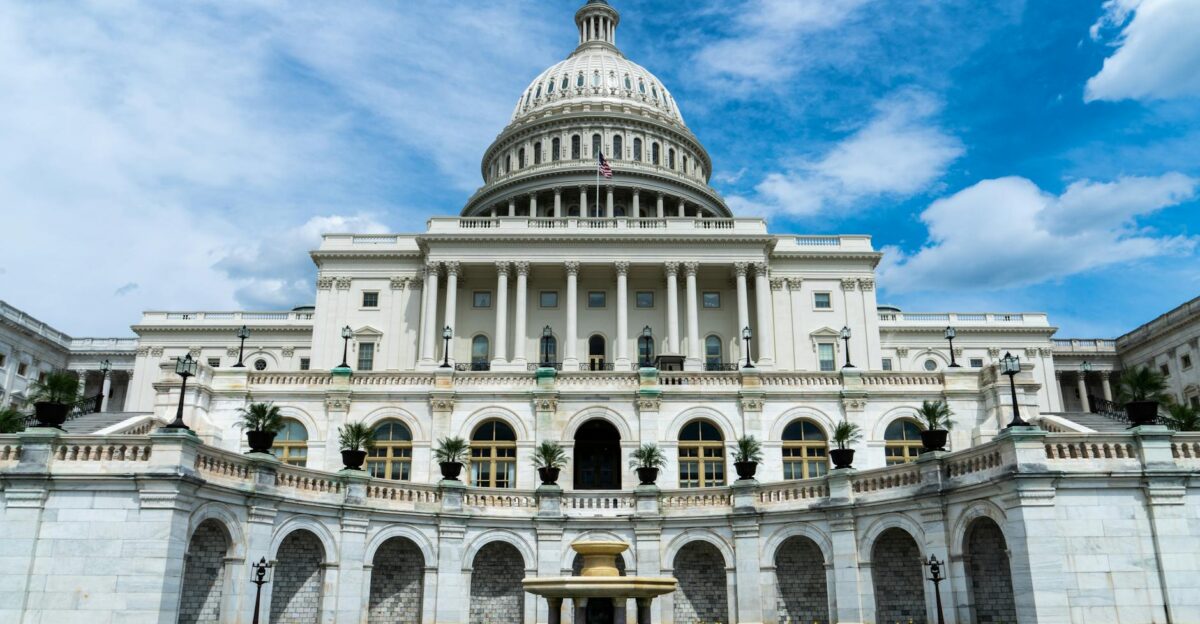
In Washington, the fallout was immediate. Republican lawmakers praised Trump’s boldness, calling it “a necessary step to confront narco-tyranny.” Democrats pushed back, arguing that the administration risked “dragging the U.S. into another undeclared war.”
Civil rights groups have called for congressional oversight of the CIA’s expanded powers, citing potential human rights violations.
A Hemisphere on Edge
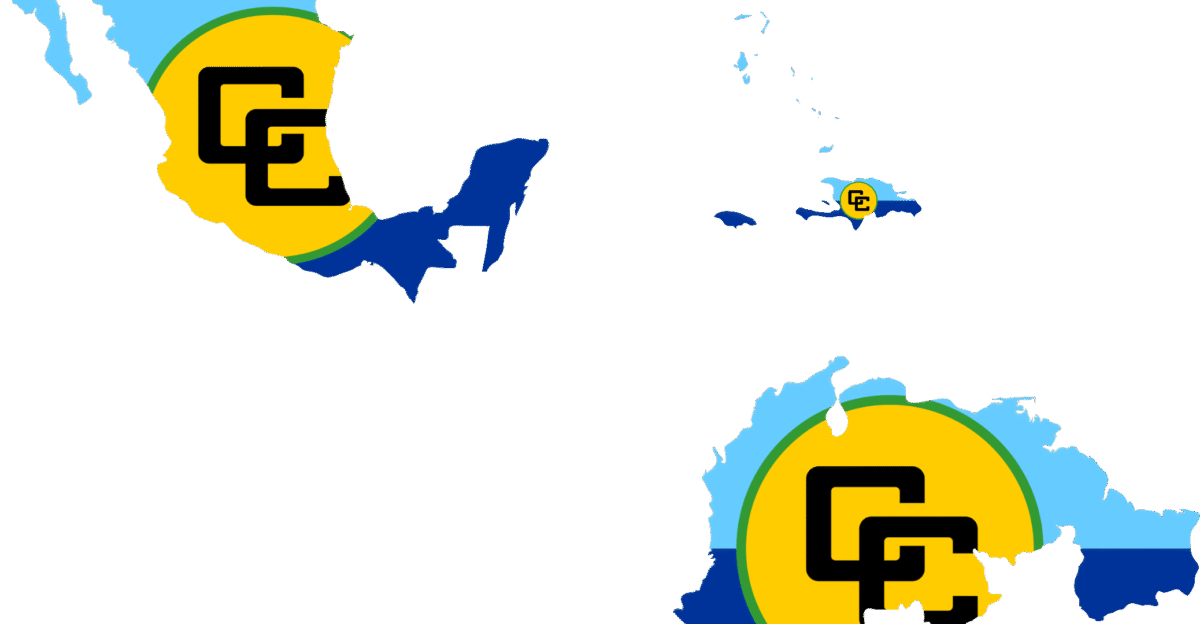
Across the Americas, diplomatic fallout is mounting. Members of the Caribbean Community (CARICOM) expressed alarm over “breaches of international norms.”
Analysts told AP News that regional heavyweights like Brazil and Mexico are preparing to mediate, hoping to prevent the hemisphere from fracturing along pro- and anti-U.S. lines.
A Turning Point in U.S. Foreign Policy
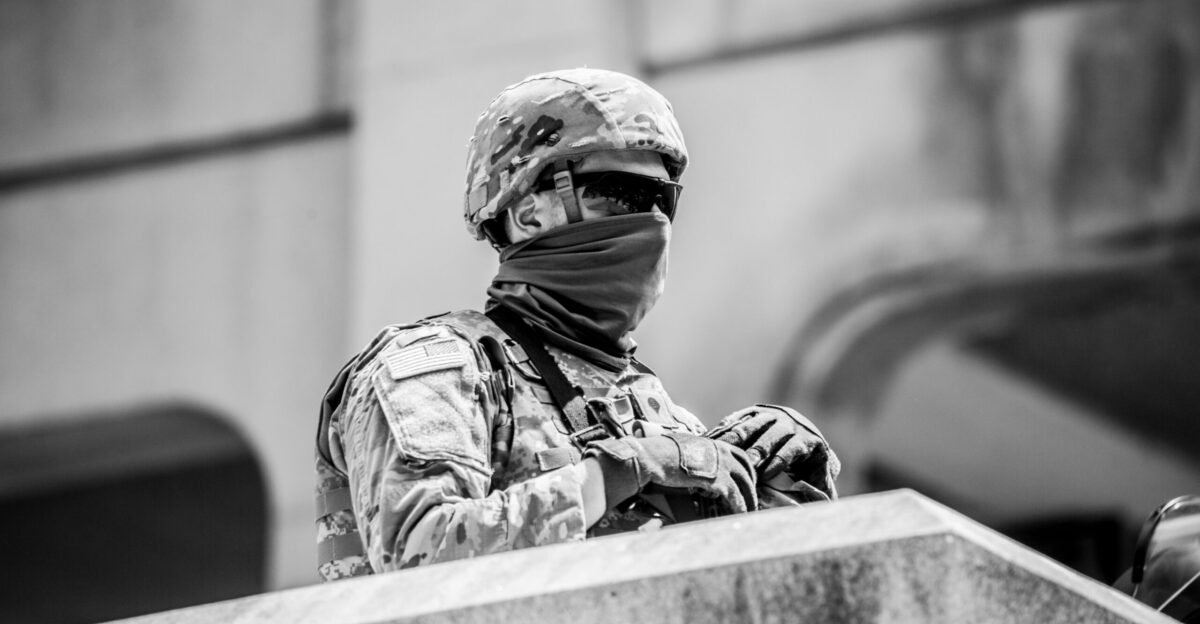
In less than a week, Trump went from denying regime change to embracing covert action.
According to Reuters, analysts see the decision as a defining test of Washington’s new playbook — one that openly accepts clandestine interference as a tool of diplomacy. Whether it topples Maduro or sparks a broader crisis, the world is now watching America’s next move.